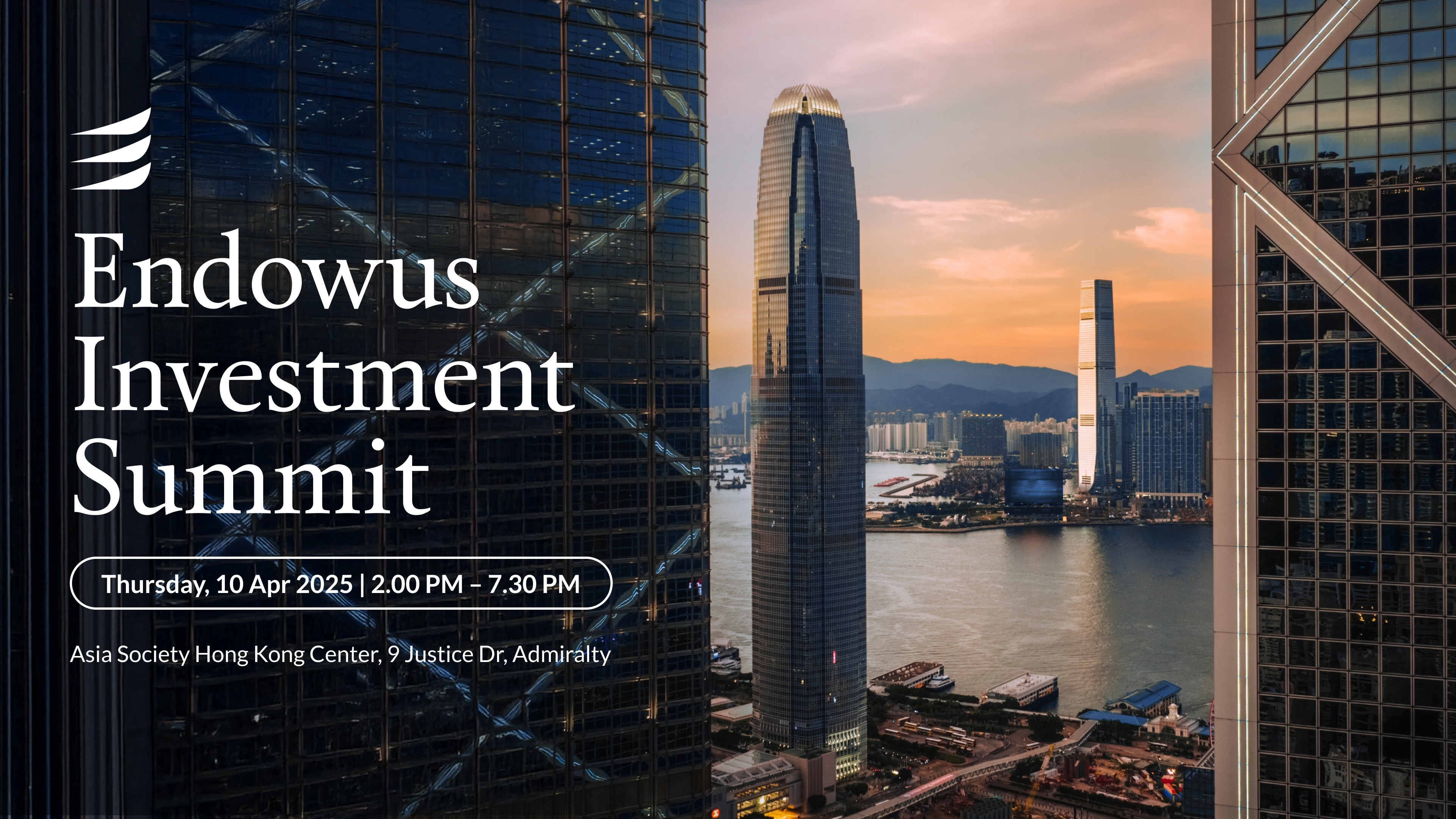Register for the event
Endowus invites you to our exclusive event with Macquarie Asset Management, as we discuss unlocking opportunities in Infrastructure- a $1.3tn asset class.
This event is reserved for Accredited Investors (AIs) only. To register for the event, please indicate one of the following:
Since the first index fund was set up by the Vanguard group in December 1975, passive investing has seen tremendous adoption by both institutional and retail investors. The rising popularity of passive investing was one of the key drivers causing active fund managers to compete by lowering their costs, and articulate their value proposition more clearly to their investors.
In this session, Samuel Rhee, Chairman and CIO of Endowus and Chong Ser Jing, Portfolio Manager and Co-Founder of Compounder Fund, talk about their active investing experience, some of the key reasons why retail investors have difficulties active investing well and why passive investing has become increasingly accepted but misrepresented.
0:00 Introduction
2:15 Ser Jing's Investment Journey
17:09 Sam's Investment Journey
34:05 Traits of a good active investor
45:22 Active vs Passive Debate
1:03:54 Why do Individual Investors always lose out?
1:12:20 QnA
Extracted QnA and discussion points
Traits of a good active and passive investor (34:05)
Sam: We need to be humble to learn and grow as an investor. Some of the more common bias that we have as an investor is confirmation bias (seeking information that confirms what we believe in and ignoring information that disproves it) and recency bias (emphasizing more on recent information rather than taking into consideration all information equally).
Ser Jing: Emotional stability is also very important because over a short period of time the stock market can be extremely volatile, over the long run the markets should be upwards sloping. We need to have a frame of mind that will allow you to bear with the huge swings in the markets.
Do your investment returns take any cash drag into account? (1:12:20)
Ser Jing: The investment performance figures of my family funds take into account cash holdings. The fund's cash positions is almost zero: there are studies that show that missing the few best days in the market will lead to a significant drop in investment performance over the long run.
Note: Endowus invests all our clients money in the market, and do not hold any cash
Behavioral mistakes made by investors (1:14:29)
Sam: A study by Fidelity Investments showed that many older investors have sold off all their equity holdings between February and May, and it is unfortunate that they succumbed to these behavioral bias, because equities is a growth asset class and should go up long term.
Even though it feels bad to be in the throes of the bear market, the rebounds often come fast and strong, often unexpectedly. Being always invested means you give yourself a higher chance of success. Many of us have recurring income, so it is important for us to invest consistently. The question around lump sum investing versus dollar cost averaging is a trick question because if we keep additional money around, we will always be chasing the market. Not investing consistently, along with selling too early is more often than not the biggest mistake an investor makes.
Views on a truly passive way of investing (1:17:24)
Ser Jing: On today's topic about active versus passive investing, I would like to differentiate that
- we have a choice of using active or passive investment vehicle/instruments (stock picking versus index funds), and
- we have a choice of active or passively managing our asset allocation of these instruments
You can use passive vehicles to be an active in the market, jumping in and out of the market but that is being active in behavior
I think it is right to call me an active investor because I stock pick, but I would say that people who use passive vehicles to jump in and out of the market are actually more like of an active investor than I am. You may be using a low-cost, diversified instrument, but if you are not in the market to capture the returns, then whether you are using a passive or active investment vehicle becomes irrelevant.











.webp)




%20(1).gif)



.webp)


%20F1(2).webp)

.webp)






.webp)